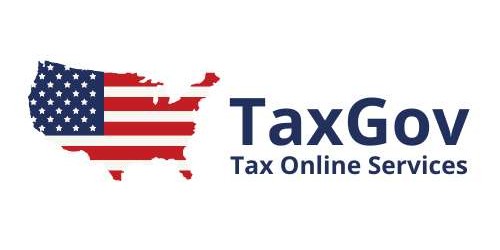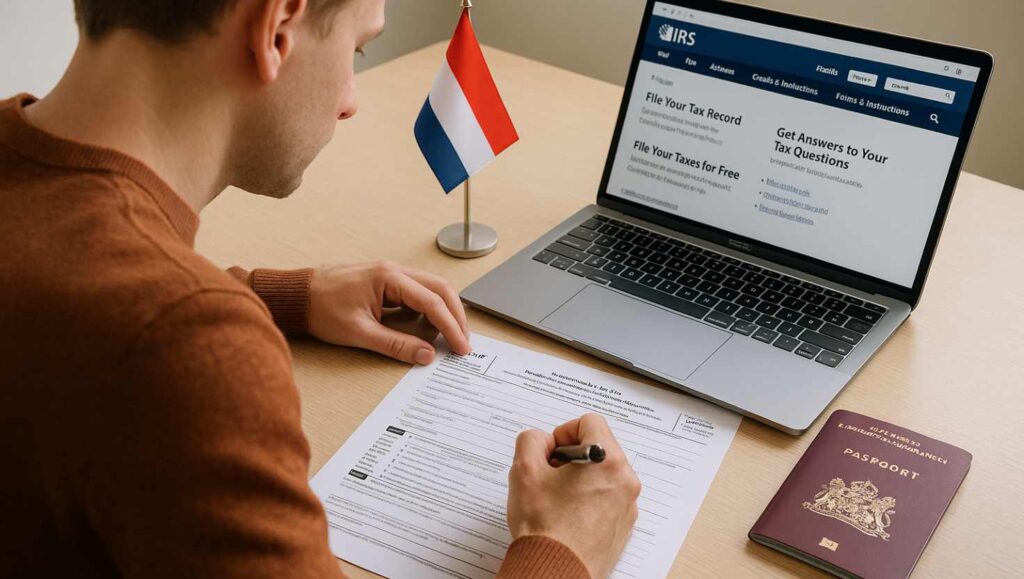Understanding the ITIN’s Purpose
Understanding the ITIN’s Purpose is crucial for Dutch citizens planning to engage in any activities subject to U.S. tax laws. The Individual Taxpayer Identification Number (ITIN) is a tax processing number issued by the IRS for those who do not qualify for a Social Security Number (SSN). Dutch citizens residing outside the U.S. or those temporarily in the U.S. often need an ITIN to file tax returns, open bank accounts, or secure loans in the U.S. It serves as a unique identifier to ensure proper record-keeping and accountability in financial dealings within the tax framework. The ITIN is pivotal for all non-resident aliens with income in the U.S., ensuring compliance with the IRS requirements. Before applying, it’s advisable to determine its necessity based on income sources and tax obligations identified under U.S. tax laws.
Eligibility for Dutch Citizens
Eligibility for Dutch Citizens is a fundamental topic when considering applying for an ITIN. Dutch nationals, particularly those conducting business or possessing financial interests in the United States, are primary candidates. To qualify, individuals must have a requirement to file a U.S. federal tax return or any associated information reporting. This need can arise from property ownership, business relationships, or investments in the U.S. For instance, if a Dutch citizen earns royalties from a U.S.-based book publisher, they may need an ITIN. It’s imperative to ascertain the need for an ITIN in scenarios like these. Consulting with a tax professional or legal advisor proficient in bilateral tax agreements between the Netherlands and the U.S. can clarify eligibility requirements and associated obligations for prospective Dutch applicants.
Need help getting your ITIN?
We can help you apply for your ITIN quickly and easily. Let our team handle the process for you.
The Application Process for Dutch Citizens
The Application Process for Dutch Citizens involves several key steps to successfully obtain an ITIN. Initially, applicants must complete IRS Form W-7, the Application for IRS Individual Taxpayer Identification Number. This document must be accompanied by a valid federal income tax return and verified identification documents proving identity and foreign status, such as a passport. Dutch citizens must ensure these documents meet IRS standards for acceptance as certified copies. The application can be submitted along with the tax return, by mailing the form and documents to the IRS, or through an IRS-authorized Certified Acceptance Agent. For Dutch residents, working with an Acceptance Agent can facilitate smoother processing and provide guidance on preparing applications correctly. Following submission, applicants typically receive their ITIN within 7 weeks.
ITIN Renewal for Dutch Citizens
ITIN Renewal for Dutch Citizens is essential when approaching the expiration of their identification number. The IRS periodically requires renewal for inactive ITINs, particularly those not used on a tax return in the last three years. Renewal needs are also triggered for ITINs with embedded digits that have been subject to expiration. Dutch citizens must submit Form W-7 along with updated documentation proving identity and foreign status to renew their ITIN. While Dutch citizens can manage renewal independently, leveraging professional assistance can prevent pitfalls and ensure timely submission, maintaining uninterrupted compliance with IRS instructions. Early renewal can preempt delays and other issues, exemplifying proactive financial management.
Challenges Dutch Citizens May Face
Challenges Dutch Citizens May Face are varied when applying for an ITIN, given the complexity of U.S. tax regulations and documentation requirements. Obtaining and certifying required identification documents can be particularly challenging for those residing in the Netherlands. Moreover, a lack of familiarity with U.S. tax procedures may lead to incomplete or incorrect applications, causing delays. Language barriers and a misunderstanding of specific tax terminology could further complicate the application process. It is crucial for Dutch citizens to ensure accuracy and completeness by consulting tax professionals or those knowledgeable about cross-border tax implications. By gaining a clearer understanding of their tax situation, Dutch applicants can better navigate the intricacies of the IRS procedures and avoid common pitfalls associated with the ITIN application.
Common Mistakes to Avoid
Common Mistakes to Avoid can frequently disrupt the ITIN application process for Dutch citizens. Such errors include incomplete forms, inaccurate personal information, and inadequate document verification, causing considerable processing delays. Failure to understand the particular IRS requirements can also result in rejected applications. Additionally, many overlook the importance of submitting necessary supporting documents alongside their tax returns, leading to complications. To minimize these risks, Dutch applicants should double-check all entries on their forms for accuracy, ensure compliance with document standards, and verify their need for submitting related tax returns. Engaging with experienced professionals well-versed in international tax law can safeguard against these oversights, streamlining the path toward obtaining an ITIN.
Successfully Using Your ITIN
Successfully Using Your ITIN involves more than just acquiring it; it entails ensuring it’s used effectively and legally for all relevant U.S. financial transactions. Once issued, an ITIN allows Dutch citizens to fulfill U.S. tax responsibilities, enabling them to report income, claim tax treaty benefits, or apply for tax exemptions where applicable. Continued usage involves filing accurate tax returns annually and maintaining compliance with IRS updates in regulatory measures. An ITIN also facilitates everyday financial services, like opening U.S. bank accounts, proving identification, or getting credit cards. It’s vital to keep it secure and renewed if necessary, as outdated ITINs could hinder tax return processing. Keeping abreast of U.S. tax law changes can help maintain its effectiveness and assure Dutch citizens meet their compliance obligations efficiently.
Need help getting your ITIN?
We can help you apply for your ITIN quickly and easily. Let our team handle the process for you.
How the ITIN Can Benefit Dutch Businesses
How the ITIN Can Benefit Dutch Businesses is clear, as obtaining it can significantly enhance cross-border financial operations. Dutch businesses operating in or expanding into the U.S. market require ITINs for compliance with federal tax obligations and ease in conducting financial transactions. The ITIN offers businesses a means to streamline tax reporting and benefits related to U.S. tax treaties, ensuring proper withholding and potential tax reductions. By facilitating banking and financing opportunities, ITINs aid in accessing U.S. credit markets or managing corporate interests. For Dutch businesses seeking to leverage the U.S.-Dutch economic relationship, possessing the proper tax number reinforces corporate credibility and brings about economic advantages in dealing with U.S. counterparts.


